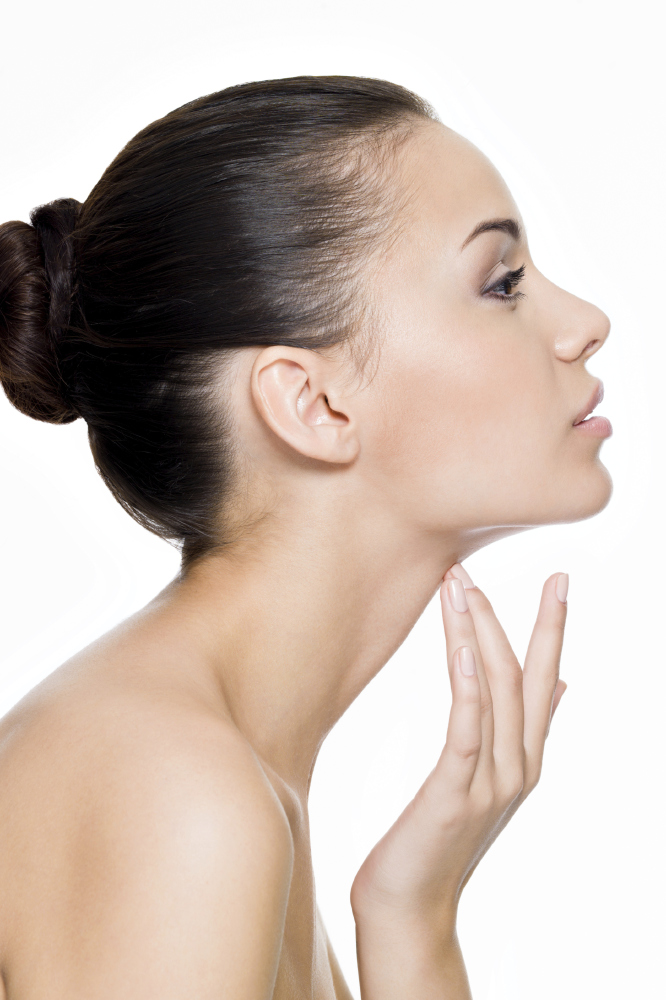
Pollution can dramatically affect your skin, here's how to counteract it
You can tell a whole heck of a lot about your overall health just by looking at the quality of your skin. Your skin is your largest organ and it really is a reflection of what’s going on inside. Which means that if you don’t support your body, the quality of your skin will rapidly deteriorate.
Geeta Sidhu-Robb, CEO and founder of Nosh Detox Delivery takes a look at the top 3 skin spoilers and what we can do to rectify them.
So what are the top Skin Spoilers?
Although everything you do impacts your skin - some factors have a more negative impact. Here are the top 3:
- Pollution - the skin is our main point of contact to the outside world and as a result is CONTINUOUSLY exposed to all different forms of pollution (including air, sun, and the chemicals in products). This induces the production of “free radicals” – highly volatile molecules that can wreak havoc on the skin.
- Sugar- “Free radicals” can also be produced internally as a result of glycation- a process that occurs as a result of chronic exposure to glucose (basically, a diet too high in sugar!). These excess glucose molecules enter the circulation and attach themselves to collagen in the skin. This causes the collagen fibres to lose their elasticity, becoming rigid, brittle and prone to breakage. Visually this equals wrinkles and sagging.
- Hormones- For women, the change in levels of oestrogen during menopause are accompanied by significant changes within the skin, because levels of oestrogen drop. Oestrogen influences skin thickness, wrinkling and moisture. With declining oestrogen levels, the production of new skin cells slows down, resulting in a thinning of the skin layers. This negatively affects the skins ability to maintain hydration, strength and elasticity.
So this can all sound a little bit depressing. However, the good news is that there is much you can do through diet to support the health and vitality of your skin… and this is what we need to focus on!
Top Anti-Spoilers
We can take this part in 2 steps.
Step 1 : Add Antioxidants to your diet to counteract and fight these nasty “free radicals”.
There are many skin-friendly, antioxidant rich foods that we should be including in our diet regularly to help minimise this damage and degeneration:
- Colourful veggies and in particular orange & green vegetables- think carrots, butternut, sweet potato, spinach, broccoli, kale, asparagus. The brighter the colour, the richer the antioxidant content. Eat loads of them RAW to get the absolute maximum nutrition.
- Tomatoes – rich in the antioxidant lycopene which has been shown to have strong skin-protective properties. Lycopene is best utilised by the body when tomatoes have been cooked, and consumed with fat- so roast your tomatoes and drizzle with some olive oil to get maximum impact.
- Dark berries (blueberries and blackberries in particular) and red cabbage are rich in anthocyanins, which are powerful antioxidants.
- Red wine (yes, really) - rich in resveratrol. Excessive alcohol is very damaging to the skin, but there are some definite benefits to the occasional glass of red wine.
Step 2 : Foods which are generally important for smooth and supple skin:
- Avocado – rich in vitamin E . Nourish your skin with this wonderful fruit both inside and out - create a homemade face mask. Mash up a ripe avocado and pat it evenly onto your face, and leave on for 15-20 minutes. This is highly moisturizing- the natural oils act as an emollient, and the vitamin E has additional moisturizing properties. [Back home in Malawi, where avo's weren't so expensive, we used to also use them as a hair mask. Just brilliant for soft, shiny hair.]
- Foods rich in biotin- this vitamin is especially important because it creates the fatty acids that nourish skin, form a protective skin barrier and provide insulation. Good food sources include eggs, salmon, avocado, nuts, legumes, cauliflower, and wholegrains.
- Organic virgin coconut oil- contains fatty acids (lauric, capric & caprylic) which are normal components of the skin, and help replace lost lipids in the skin barrier. Have a teaspoon each day- either straight off the spoon, or stirred into your juice. You can also use coconut oil to cook with.
Femalefirst Taryn Davies
Tagged in Beauty Tips skincare Skin

